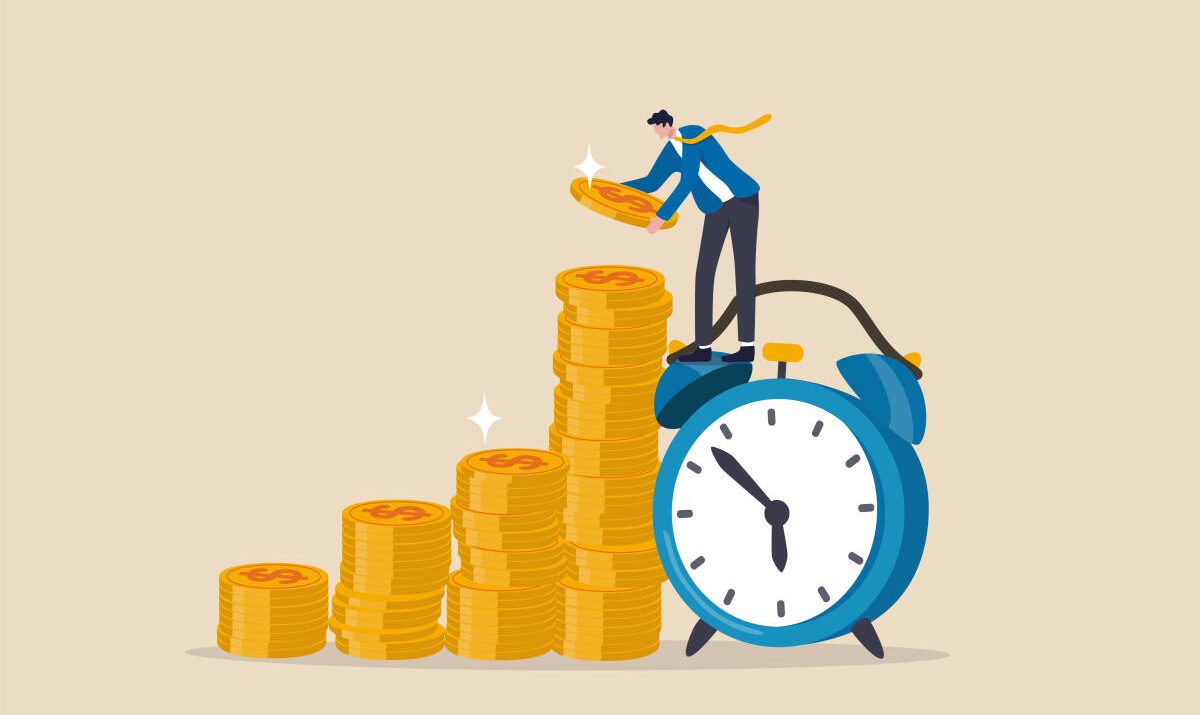Choosing between a Certificate of Deposit (CD) and a mutual fund depends on your financial goals, risk tolerance, and investment timeline.
What is a Certificate of Deposit (CD)?
A CD is a bank account where you deposit a lump sum of money for a fixed term (e.g., 6 months to 5 years) and earn a guaranteed interest rate. It’s a low-risk option, ideal for short-term savings or those seeking stability. However, withdrawing funds before the term ends incurs penalties.
Key Features of CDs:
- Safety: FDIC/NCUA insured up to $250,000.
- Predictable Returns: Fixed interest rate.
- Inflation Risk: Returns may not keep up with inflation.
What is a Mutual Fund?
A mutual fund pools money from multiple investors to purchase a diversified portfolio of stocks, bonds, or other securities. It offers higher growth potential but comes with market risks.
Key Features of Mutual Funds:
- Potential for Higher Returns: Historically outperform CDs over time.
- Liquidity: Funds can be sold anytime, subject to market conditions.
- Fees: Includes management fees and commissions.
Comparison Table: CDs vs. Mutual Funds
| Feature | CD | Mutual Fund |
|---|---|---|
| Risk | Very low | Moderate (depends on market performance) |
| Return Potential | Fixed, modest returns | Variable, higher potential |
| Liquidity | Limited (early withdrawal penalty) | High (can sell anytime) |
| Ideal for | Short-term savings | Long-term growth |
| Fees | Early withdrawal penalty | Management fees, commissions |
When to Choose CDs
- Short-Term Goals: If you need funds in 5 years or less, CDs provide stability.
- Low-Risk Preference: Ideal for those who can’t afford to lose any money.
- Guaranteed Returns: The fixed rate makes it predictable and reliable.
When to Choose Mutual Funds
- Long-Term Goals: For retirement or wealth-building over 10+ years.
- Willing to Take Risks: You can withstand market fluctuations for potentially higher gains.
- Inflation Hedge: Better chance of outpacing inflation compared to CDs.
Example Scenarios
| Scenario | Best Option | Reason |
|---|---|---|
| Saving for a house in 3 years | CD | Stability and predictable returns. |
| Retirement savings (30 years away) | Mutual Fund | Higher long-term growth potential. |
| Emergency fund | CD | Guaranteed principal protection. |
| Wealth-building with market exposure | Mutual Fund | Diversification and inflation-beating returns. |
Final Takeaway
- Use CDs for short-term safety and low-risk savings.
- Invest in mutual funds for long-term growth and higher return potential.
If you’re unsure, consult a financial advisor to align your strategy with your financial goals.
Related articles:
- What Apps Make the Most Money? Top-Grossing Apps
- The Best Apps to Make Money: Top Picks for Extra Income
- What Is Money Market Account & How Does It Work?
- How to make money on YouTube?
- How much money is in the world?
- Which savings account will earn you the least money?
- Which Savings Account Will Earn You the Most Money?










